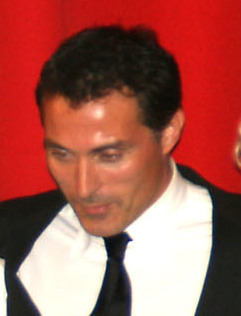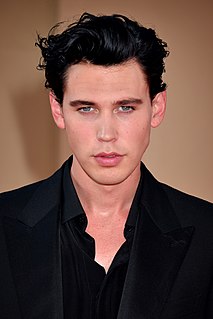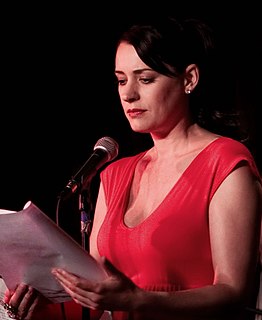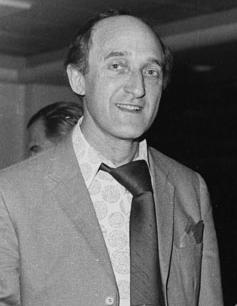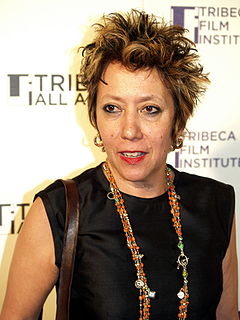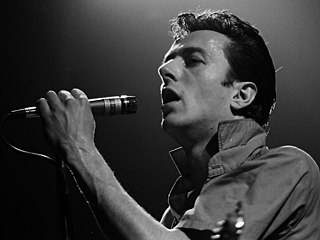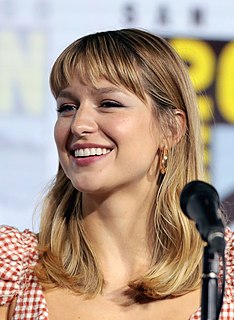A Quote by Rufus Sewell
The reason I live in America is because I mean literally every six or seven years I've done something in England. The last lead I had in an English film I did was 1998. So that's why I live here. It's because I get more work. I'll travel back for radio, you know what I mean. I've just got to consider myself to be living in the middle of the ocean, and that way I have a really nice career, if I'm prepared to do television, radio, theater, and film.
Related Quotes
I did some professional radio acting as a teenager, and I essentially put myself through college with radio acting in Montreal. When I graduated, I got jobs in professional theatres, repertory, and stock theatres in Canada for a couple of years. And then I went to Stratford, Ontario, where I spent three years with a Shakespeare company. We took a classical play from Stratford to New York City, and I got some good notices there and essentially stayed and did live television. And that brings you to the beginning of filming.
In Jamaica we had the English way of schooling from the age of four, so when I got to America I was already a few years advanced because I started school at the age of three-and-a-half rather than six and my grades moved up accordingly. In America, they start you at school at six because the grades are different. I had to take a test and they didn't know what to do with me. It wasn't that I was any smarter; I had just started younger. All of a sudden I was jumped from eighth to tenth grade. They said I was very smart, but I was only smart in languages, really.
The late '90s were a really bad time for people trying to be rock stars, you know what I mean? It seemed like everyone was a one-hit wonder on the radio. We had friends who had a hit single on the radio and sold 500,000 records, and then they couldn't get arrested a year later. I had this feeling at the time that that was not possible anymore, so the idea of becoming the biggest band in the country—it seemed laughable. I felt that having those sort of ambitions was foolish, because there was no way that was going to be possible. If you saw it that way, you were just deluding yourself.
I actually find in America, there's a slight snobbery about actors who go back and forth between big heavy dramas and popcorn fare. That always intrigues me, because that doesn't exist in the same way in Britain. And I imagine it would be worse. In terms of the sort of class, and the sort of snobby, slightly on the back-foot thing Britain has. But it's much more prevalent in America. I'm really intrigued by it. I don't know why that is. But I'm aiming to break down those barriers by being in a Shakespeare film and a Smurfs film within six months of each other.
